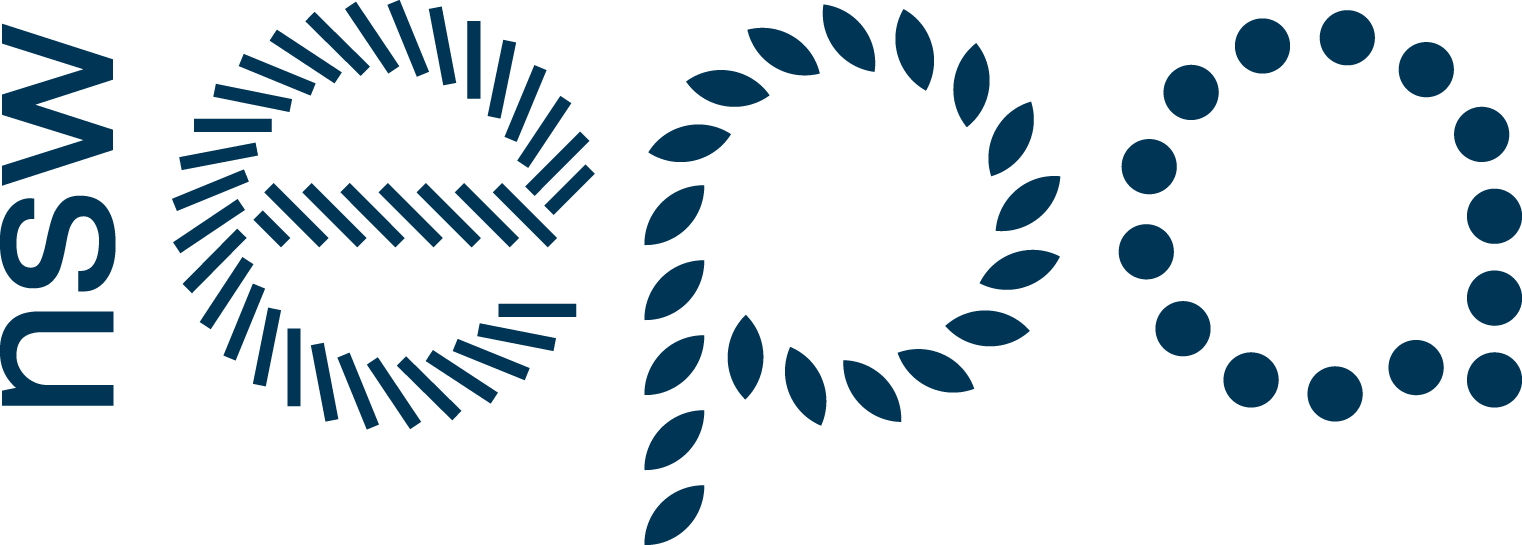Creating new materials from wine waste
By Liam Taylor 24 August 2021
A researcher from the University of Southern Queensland is using innovative food chemistry techniques to find value in food waste.
Dr. Kiran Ramesh Mahale started his PhD at USQ in 2017 with the goal of converting food waste into useful materials that farmers could derive value from.
“I first started looking at winery waste. I found after they had crushed the grapes and taken the juice, the residue was discarded,” Dr Mahale said in a statement.
“That solid residue has many different chemical compounds which are pharmaceutically very important and in high demand. One of the compounds I extracted and purified was malvidin-3-glucoside, which has a market price of $317 for 10mg.”
The discovery showed that in certain circumstances, wineries stood to make more money by reprocessing and refining their organic waste than by selling wine. After extracting the chemical compounds from the leftover grape residue, Dr Mahale was also able to convert the remaining waste material into a type of activated carbon that can be used to purify contaminated water.
The National Food Waste Baseline report released in 2019 showed Australians waste approximately 7.3 million tonnes of food each year, about a third of which is lost at the farm before getting anywhere near people’s shopping cart. Finding new ways to create value from that waste in a sustainable fashion will be crucial to creating a circular economy for food in the future.
“If we can convert waste into a value-added product which can provide revenue for our farmers while helping to tackle our environmental issues – it’s a win-win for everyone,” Dr Mahale said.
“It isn’t always easy to extract some of these materials and compounds, but with the advancement of technology, it will be easier in the future.”
Dr Mahale is now investigating the potential for pineapple waste to be used for water purification and soil enrichment on farms.
Positive Environment News has been compiled using publicly available information. Planet Ark does not take responsibility for the accuracy of the original information and encourages readers to check the references before using this information for their own purposes.
Prior to joining Planet Ark Liam spent his time studying global environmental issues, travelling Southeast Asia on the cheap and working for a sustainable property management company in Bali, Indonesia. Joining the communications team at Planet Ark, he hopes to inspire positive environmental behaviour through effective and positive messaging.

